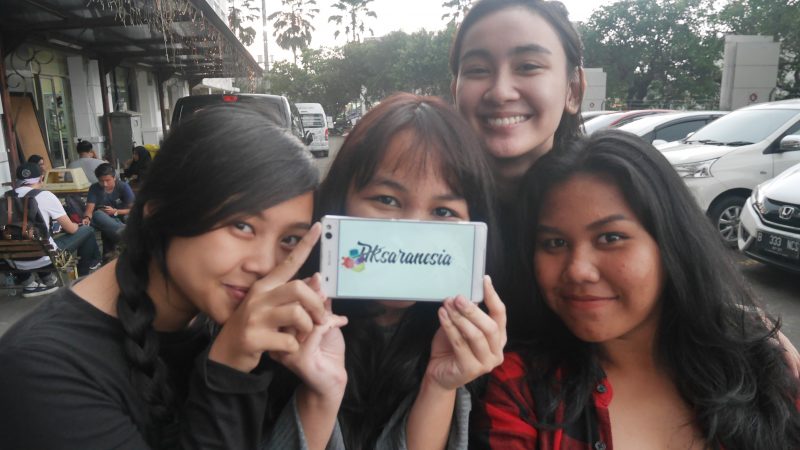In March of 2016, a study conducted by Central Connecticut State University (CCTU) titled “Most Literate Nation of the World” placed Indonesia as the 60th most literate nation out of 61 nations on the list, placing above only Botswana, and below fellow ASEAN member Thailand. A survey by UNESCO in 2012 records that only one out of 1,000 people in Indonesia is interested in reading. That might sound meagre enough, but what if we ask this next question: how many of this 0.1% read books that were written by Indonesian authors?
In most developed countries, especially English-speaking countries, high school students are taught to read books, being exposed to the work of English literature greats such as Mark Twain and Shakespeare, and encouraged to enjoy and find fun in literature. However, in Indonesia, this practice is rare or not practiced at all. Yes, we are taught about the history of Indonesian literature and the periods that divide the styles of literature in Indonesia, but not given time to read in class and to be properly taught to appreciate the works of our own people.
To find out whether Indonesians are knowledgeable about their own literature, we created a team under the banner of what we’re calling the Aksaranesia Campaign (Aku Suka Sastra Indonesia) to conduct a survey by asking basic questions about some of the well-known Indonesian literary works. We specifically targeted the younger generation in the age group of 15 to 25. We have conducted brief surveys at Car Free Day Jakarta (CFD) and in two other universities in the capital.
Based on those surveys through quizzes, Indonesian youngsters are not entirely aware of Indonesian literature.
None of our respondents got a perfect score, and most are not even familiar with some of the names of the writers we mentioned. With that, we have unfortunately unveiled the inadequate knowledge and enthusiasm towards Indonesian literacy. Even a simple question such as “name three Indonesian books” was difficult to answer. On top of that, it was easier for them to answer questions about English books instead.
Did our writers not provide the readers with top-class quality options to read? Should the writers be partly blamed for this? In 2015, when Indonesia became the guest of honour at the Frankfurt Book Fair, the biggest book fair in the world, Dewi “Dee” Lestari was invited to represent the Indonesian literature circle.
Germany ranked 8th in the aforementioned CCTU research and has been on the receiving end of some translated Indonesian authors’ works. Work from the likes of Andrea Hirata and Ayu Utami, to an iconic figure like Pramoedya Ananta Toer who caught the eyes of the world with his work since the 1970s.
Having figures with such accolades lined up and being able to blaze the trail and invite international attention to Indonesian literacy should be enough proof of the quality of Indonesian writers. Knowing all the facts and figures, this motivated us to initiate the Aksaranesia Campaign, which aims to provide awareness and to bring Indonesian local literature into the limelight that it deserves.
Similar to what other professions use for their work, a writer uses words. Indonesian people are well-known for their high level of appreciation for the arts, but the very basic form of art in literature seems to have been cast aside. Maybe also it is because we are so well-versed in our other forms of art, which have outpaced our slowing advancement in literature. Has Indonesian literature really been left behind? Perhaps a more important question: Is it too late to catch up?
Interested to write for Indonesia Expat? Starting in 2017, we are giving our readers the chance to submit well-written articles related to a variety of topics, including business, economy, lifestyle and travel. We prefer articles that can provide expat-related information, but also value those that offer interesting insights about Indonesia. Send them to [email protected] with the subject ‘ARTICLE SUBMISSION’.
Disclaimer: The opinions expressed in this article are those of the authors. Indonesia Expat is not responsible for any factual inaccuracies or misleading information found in the contents.




